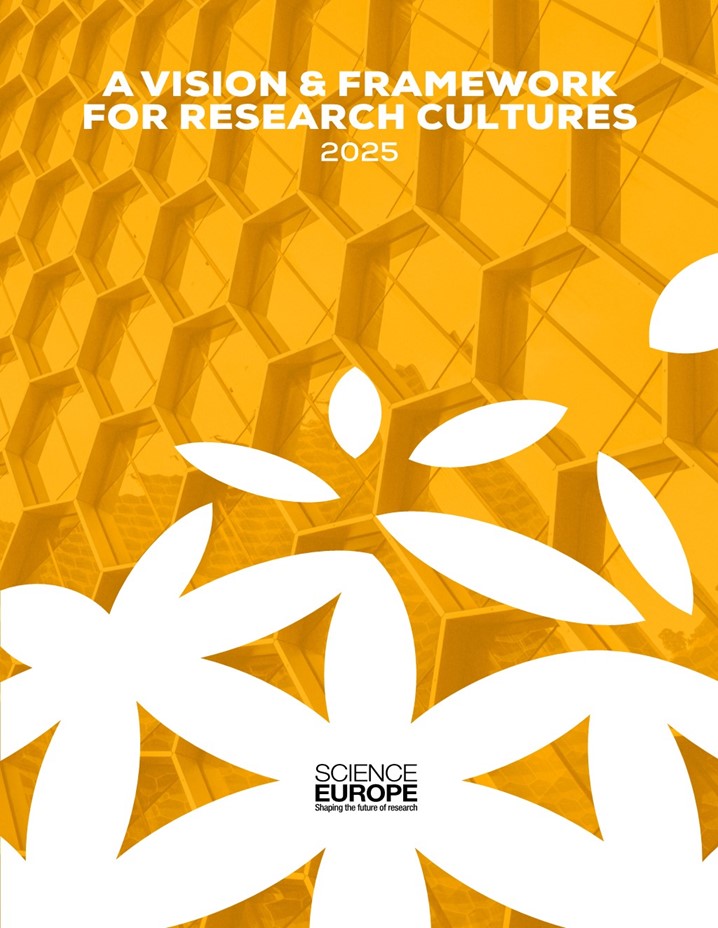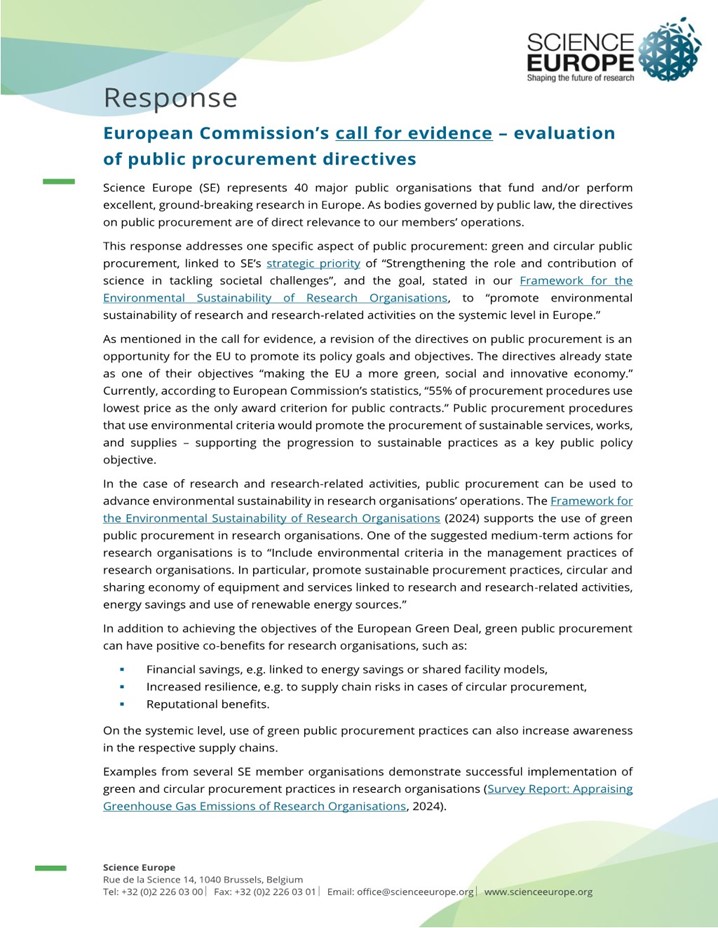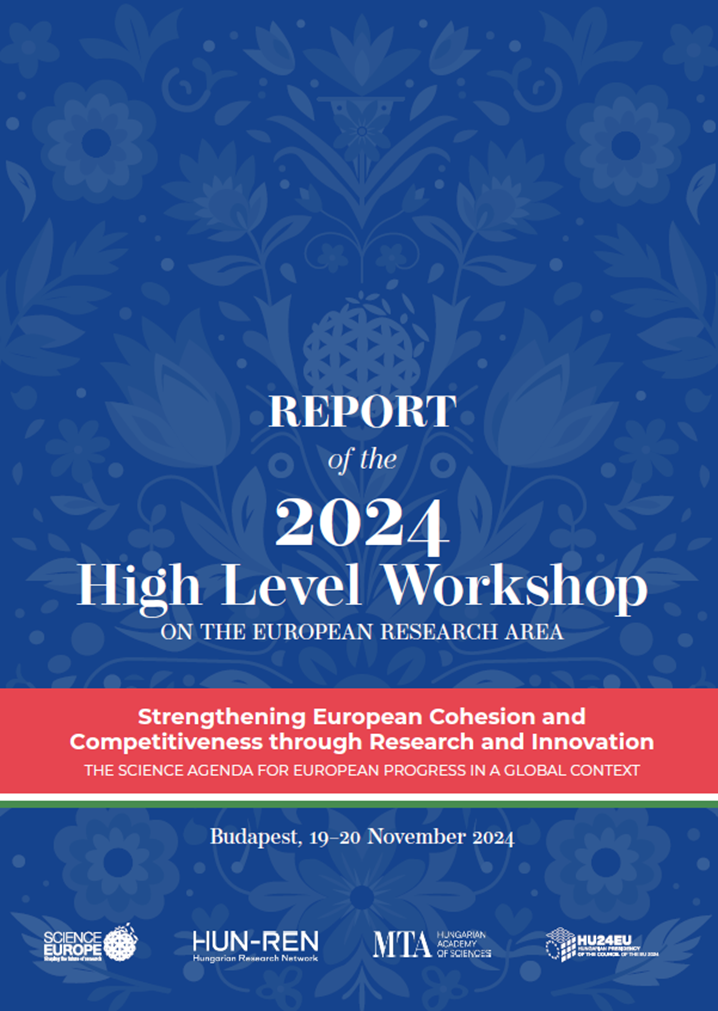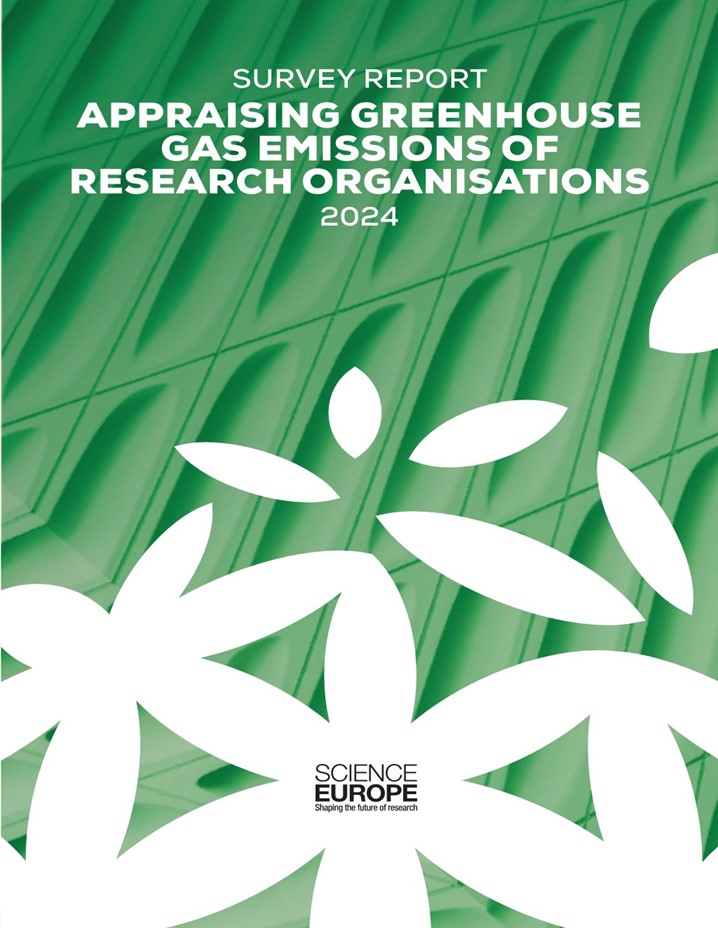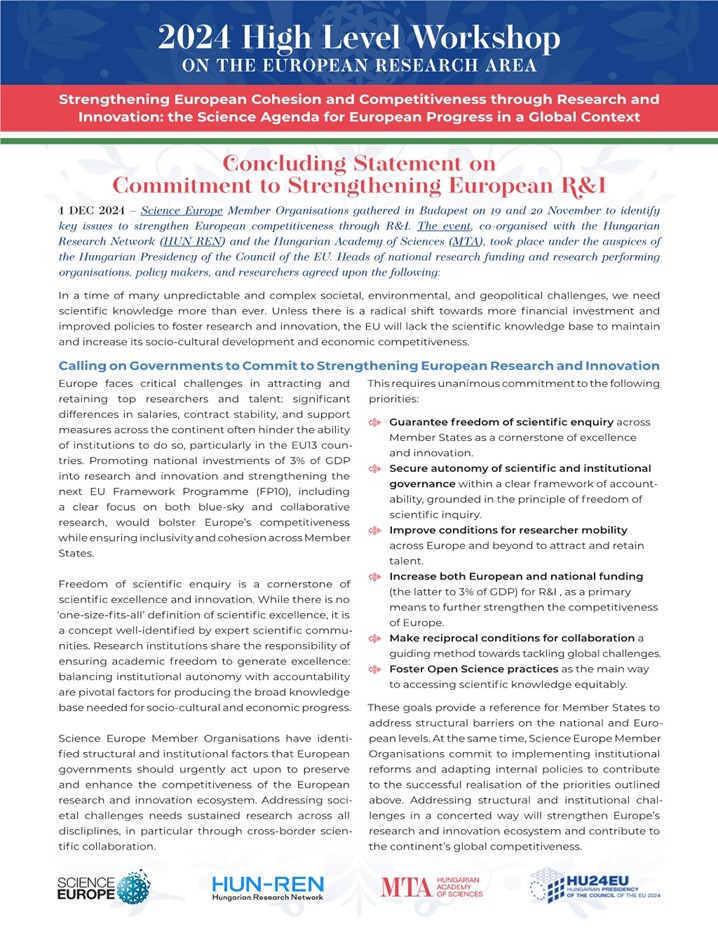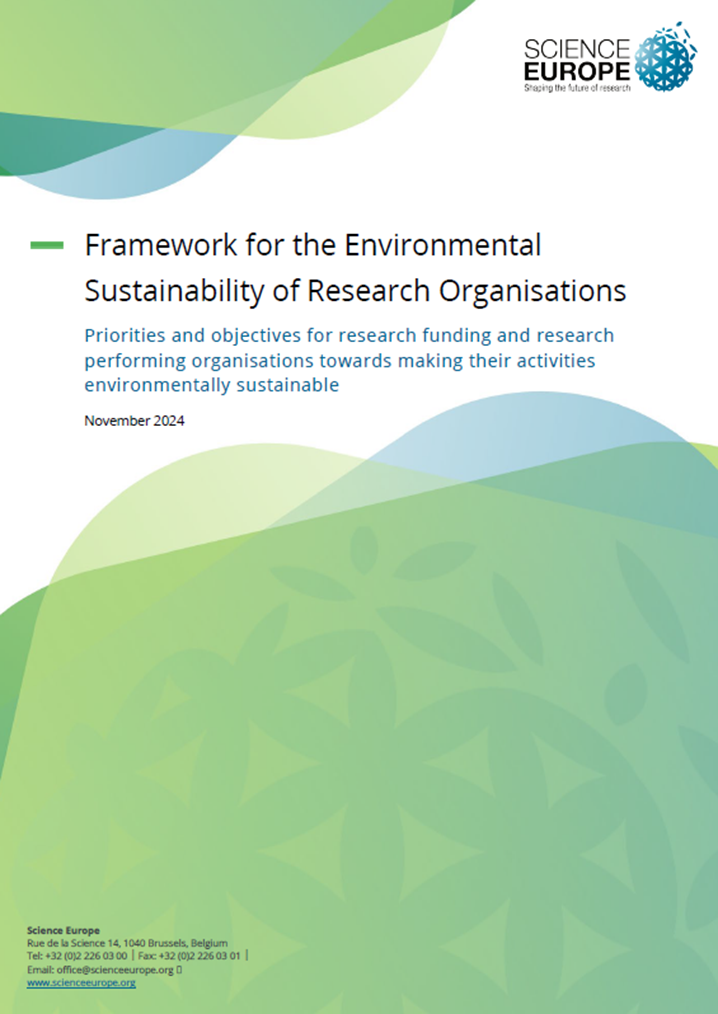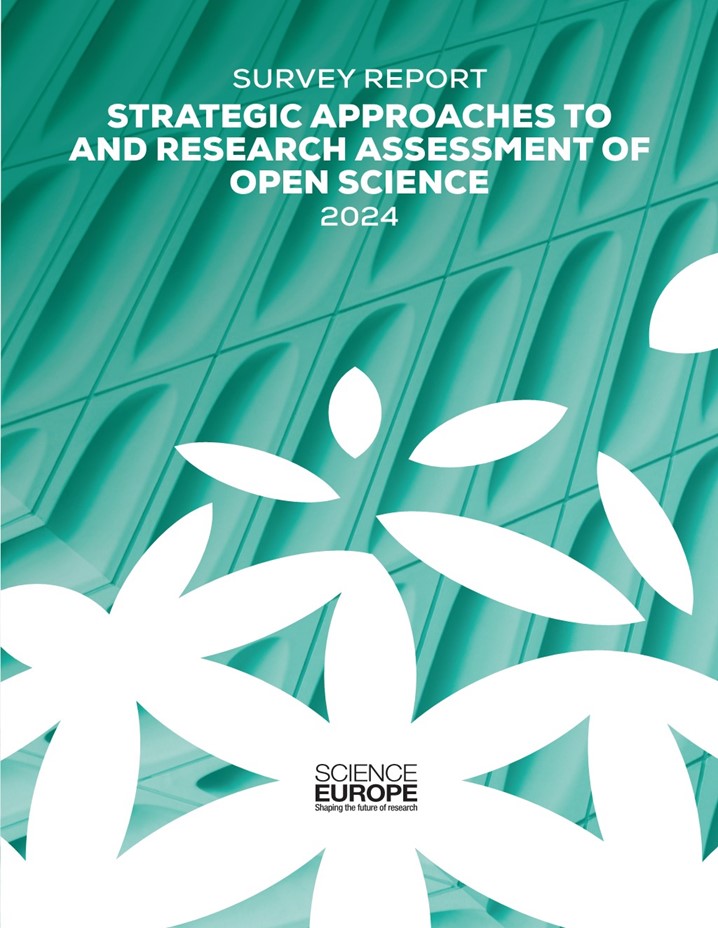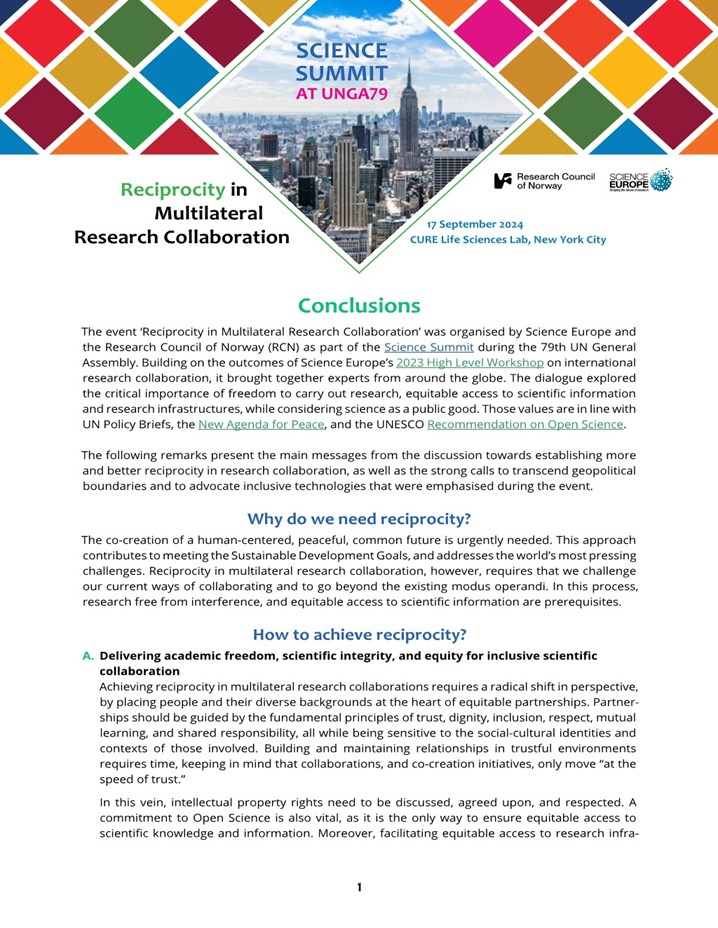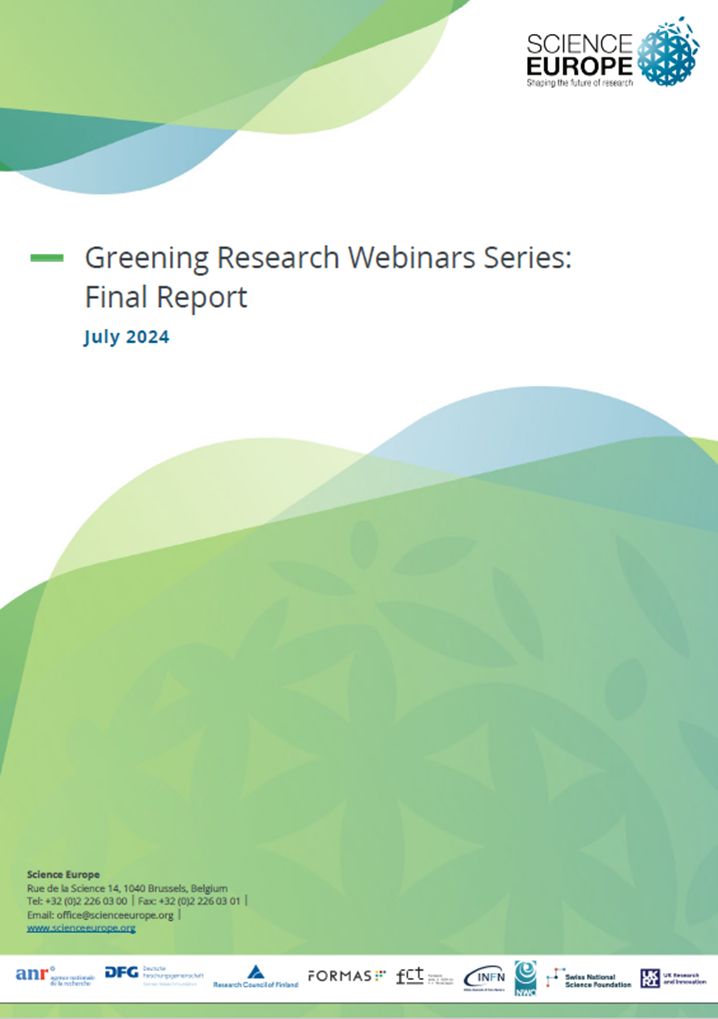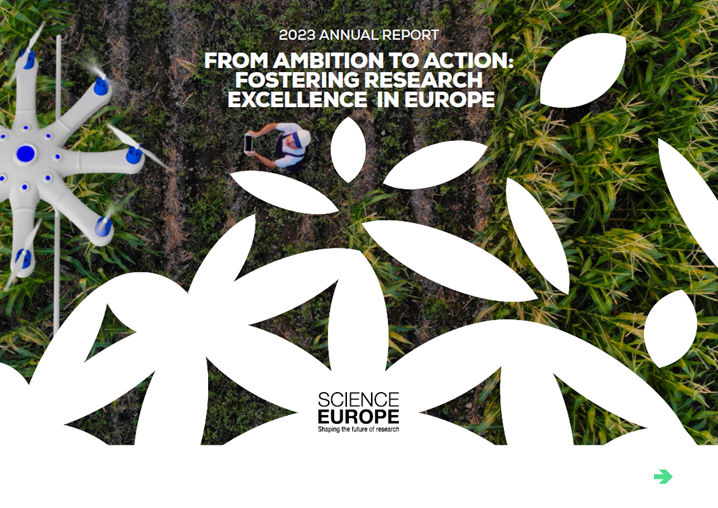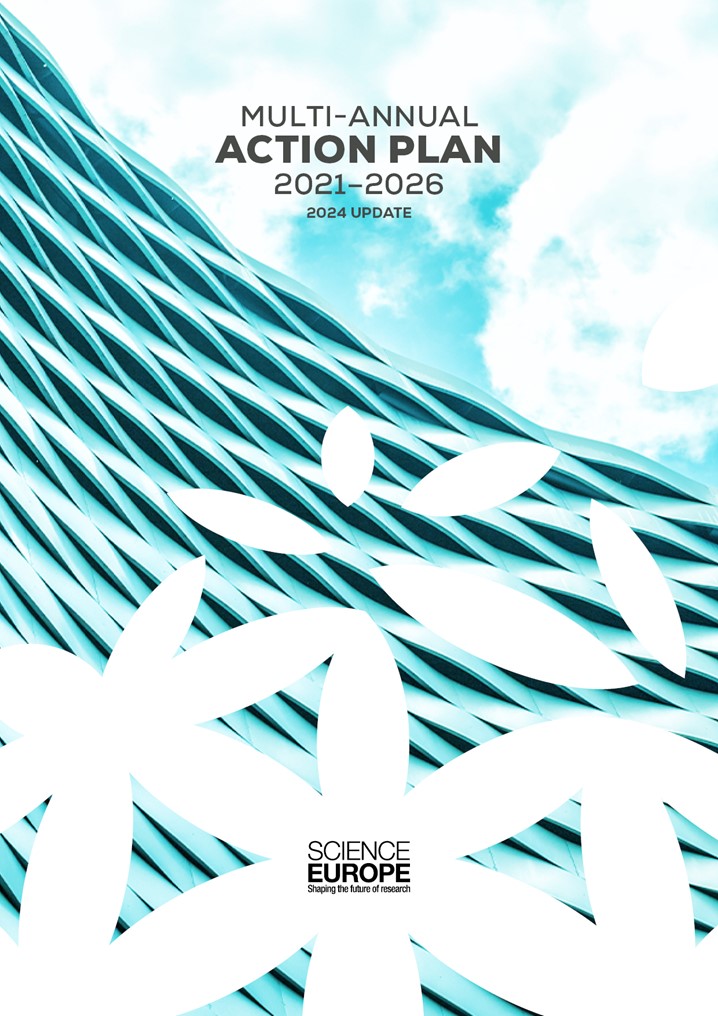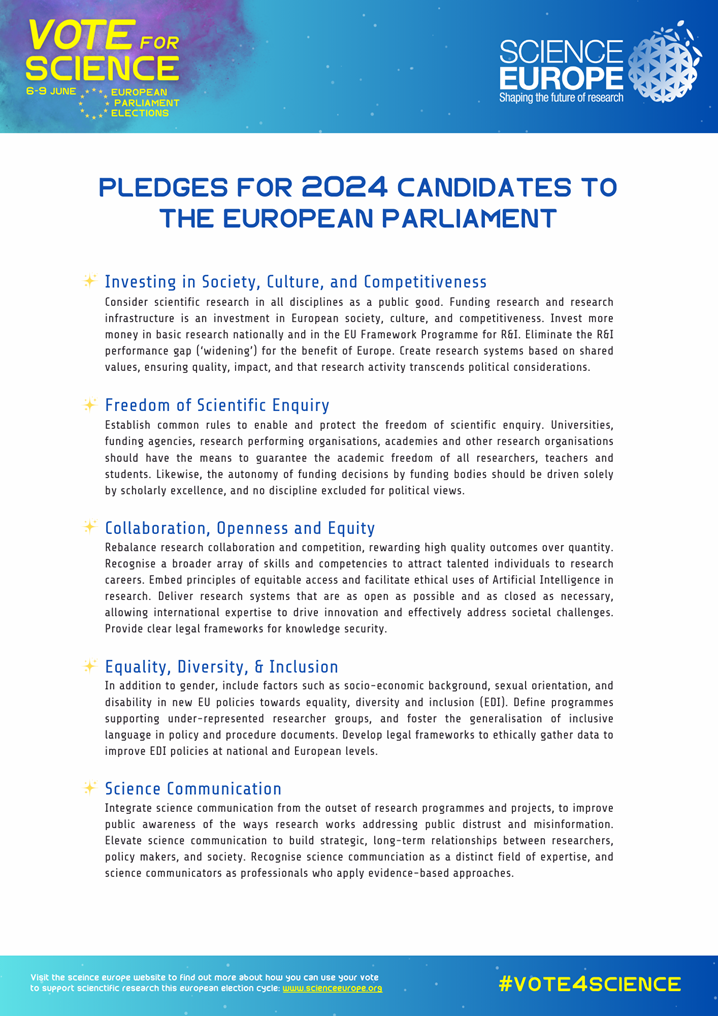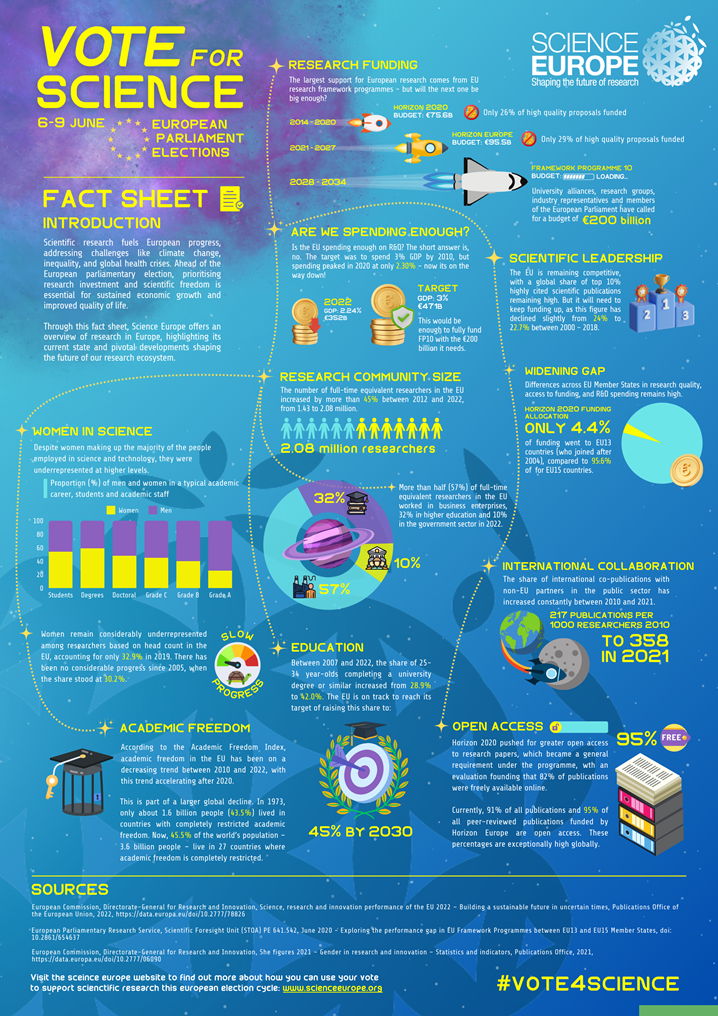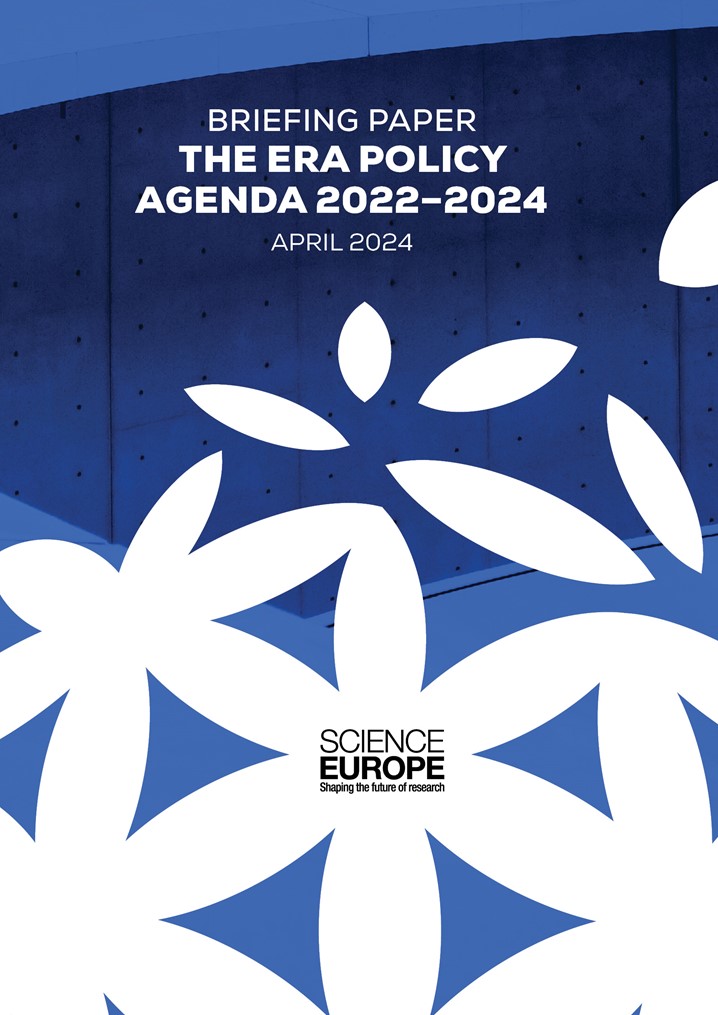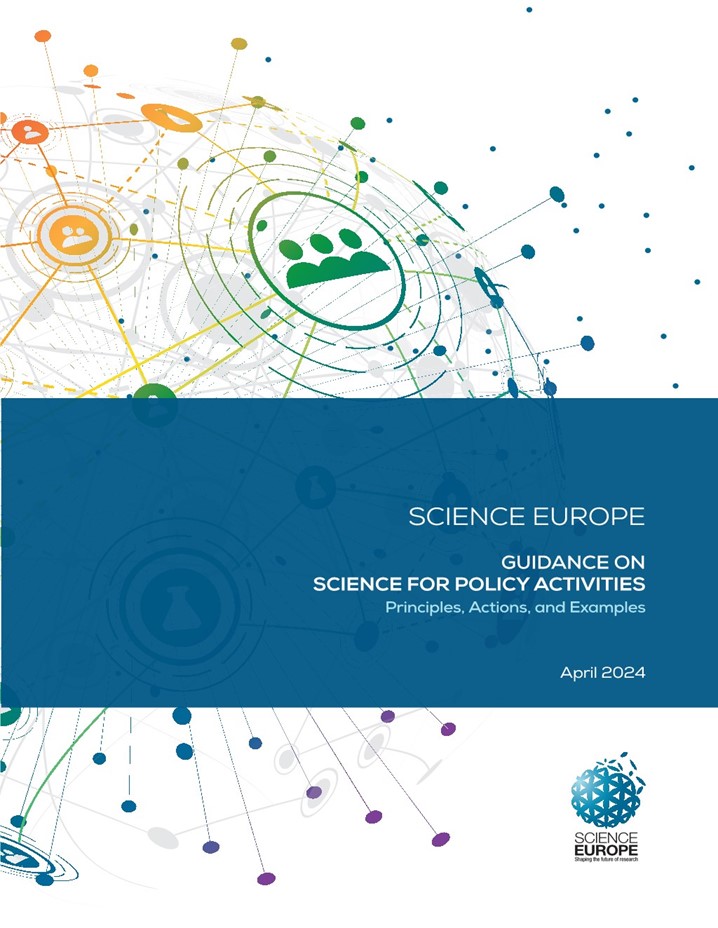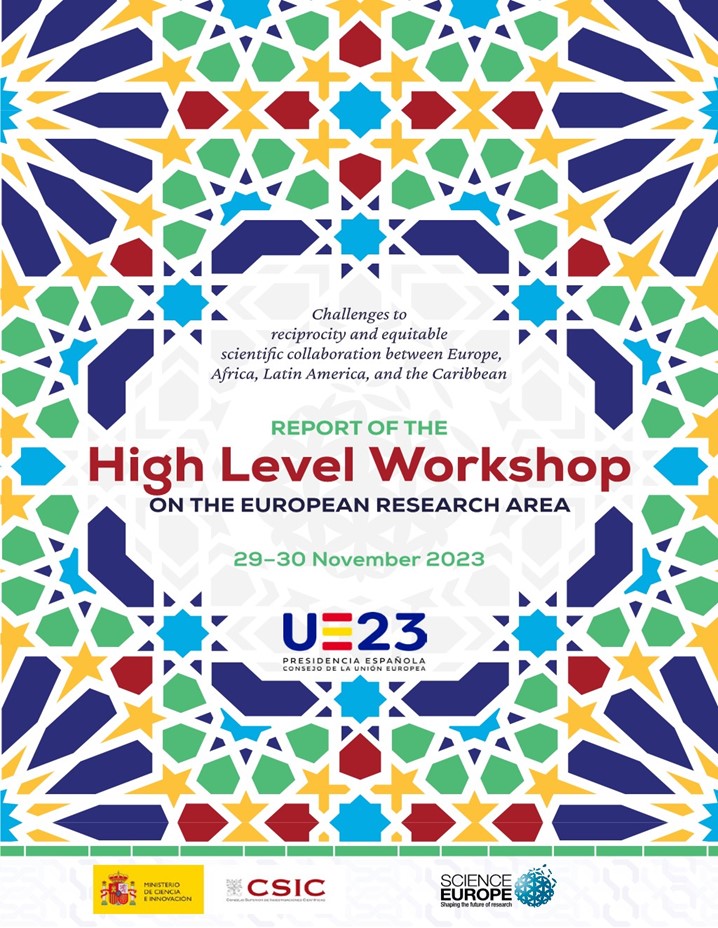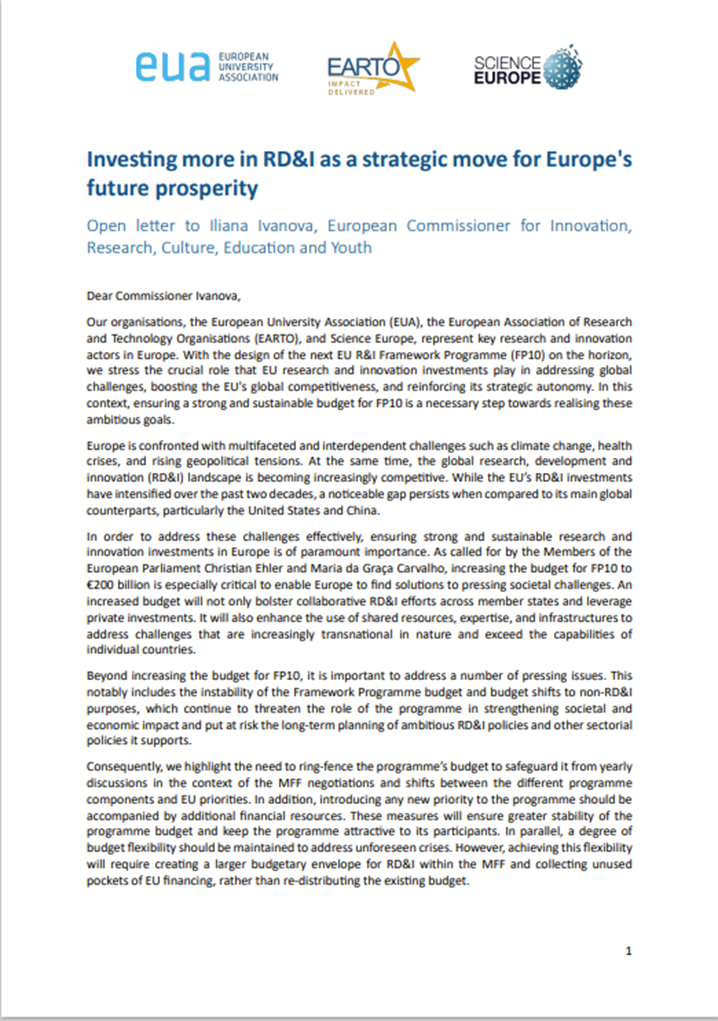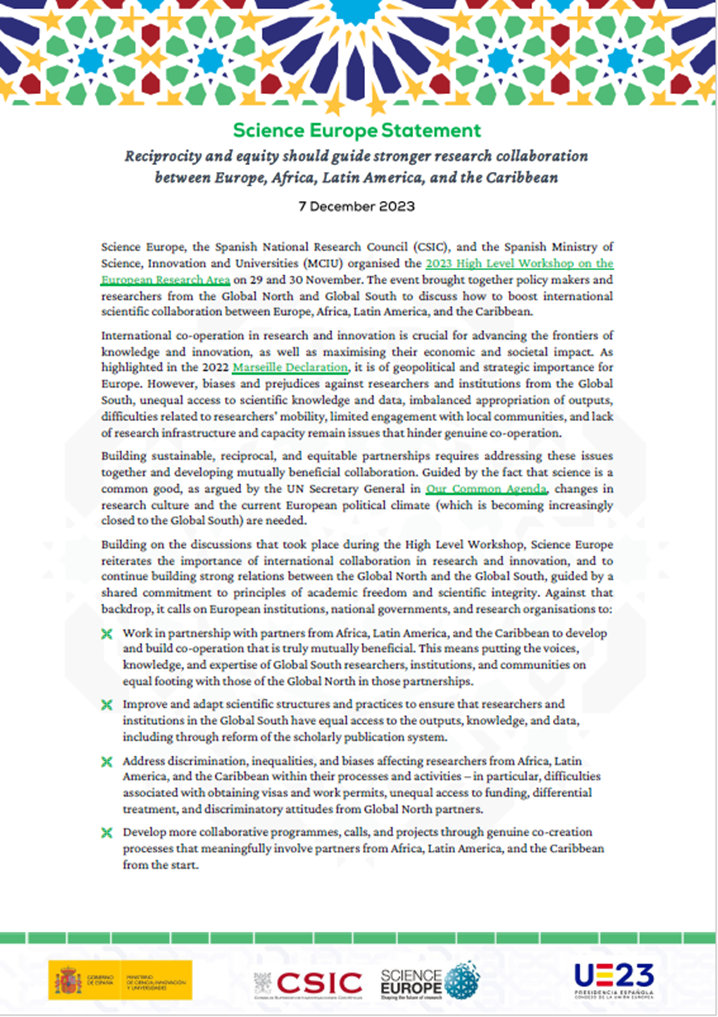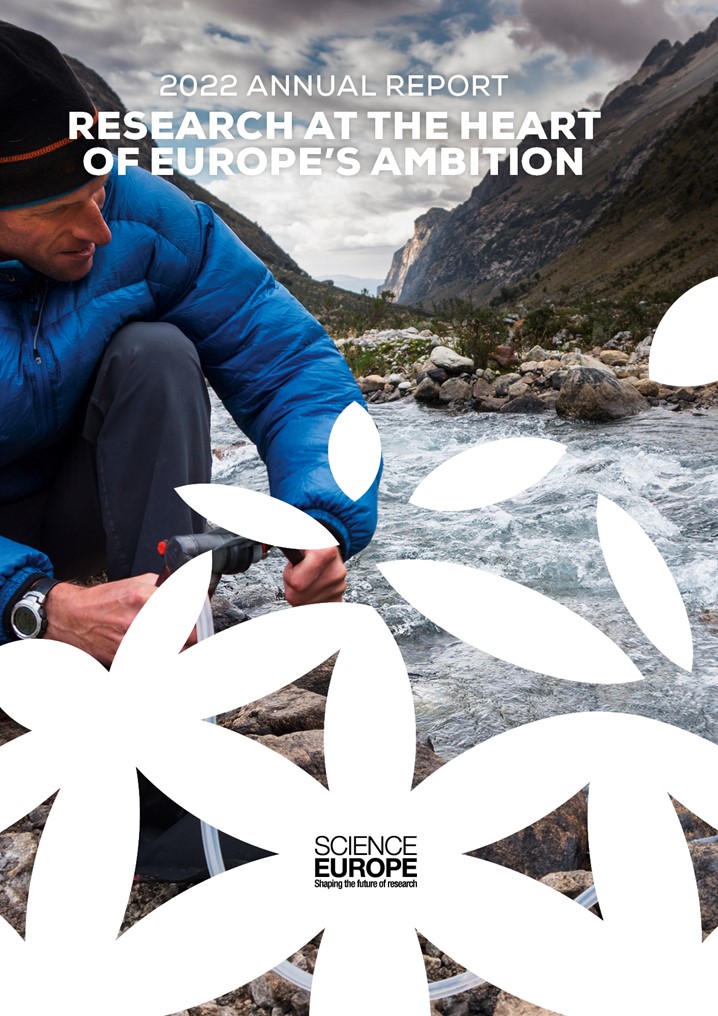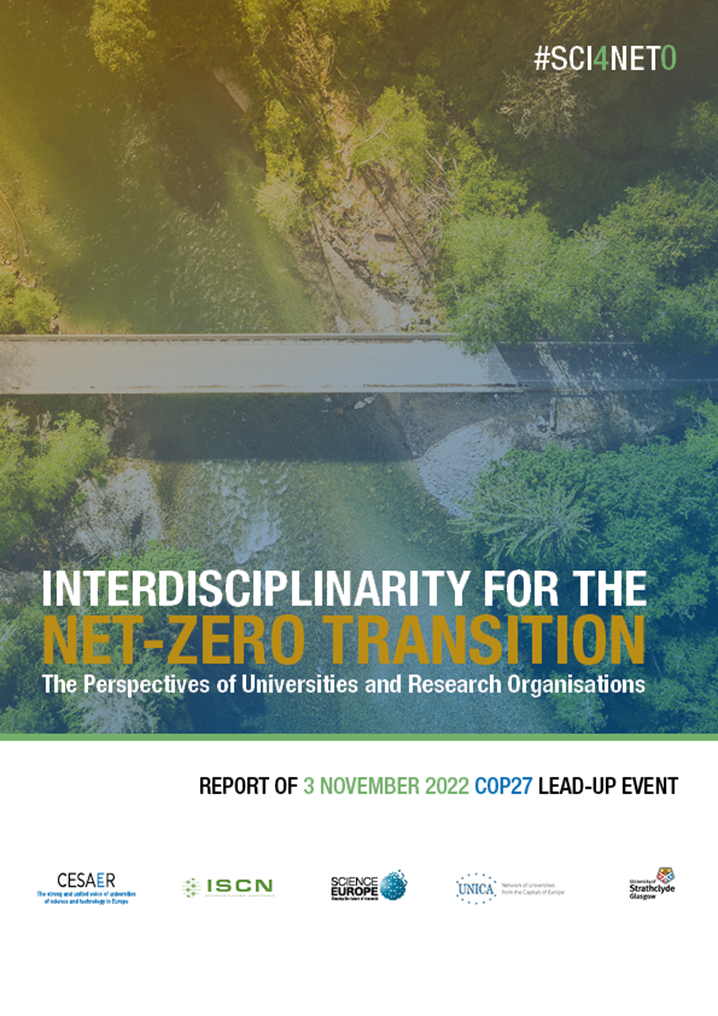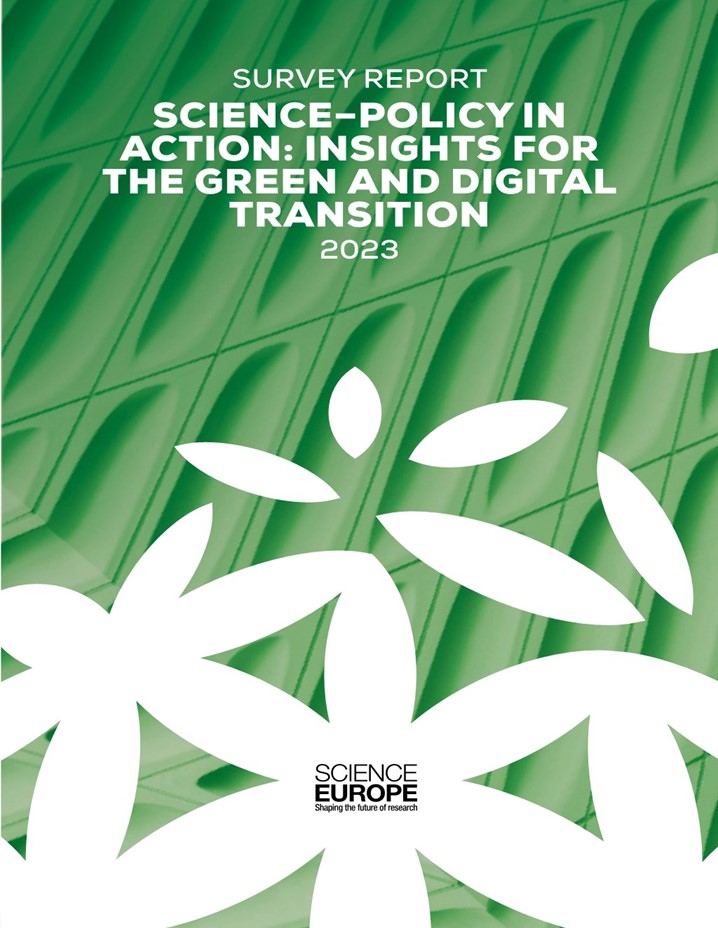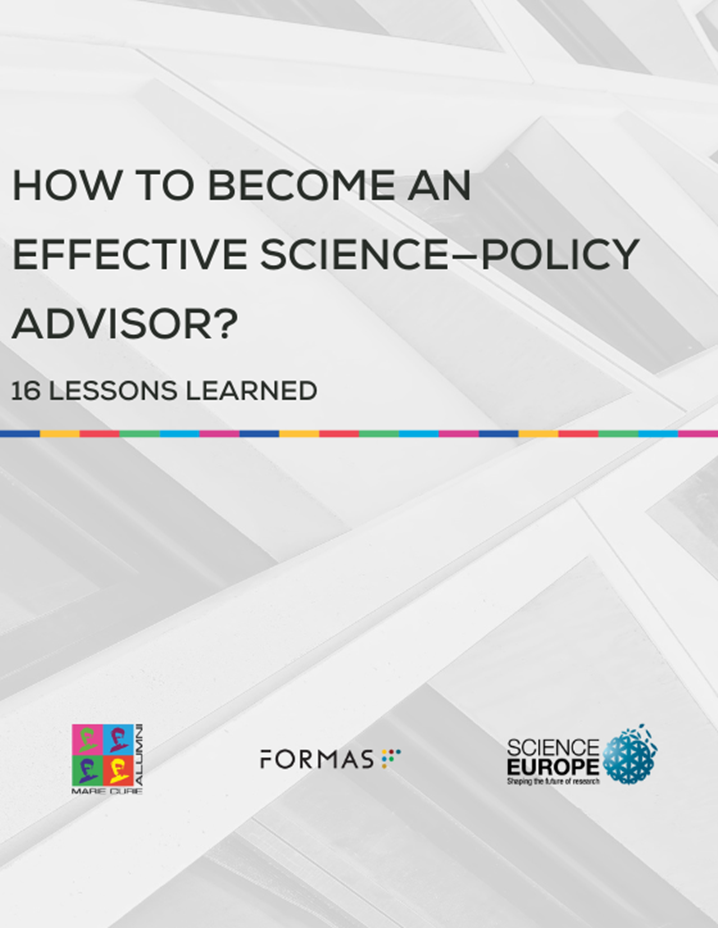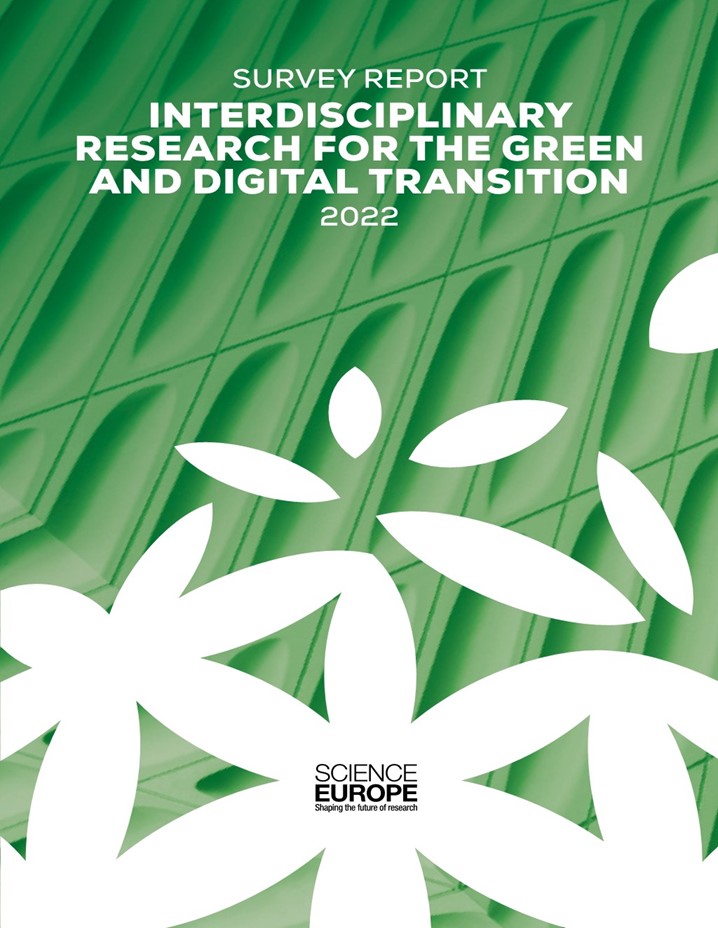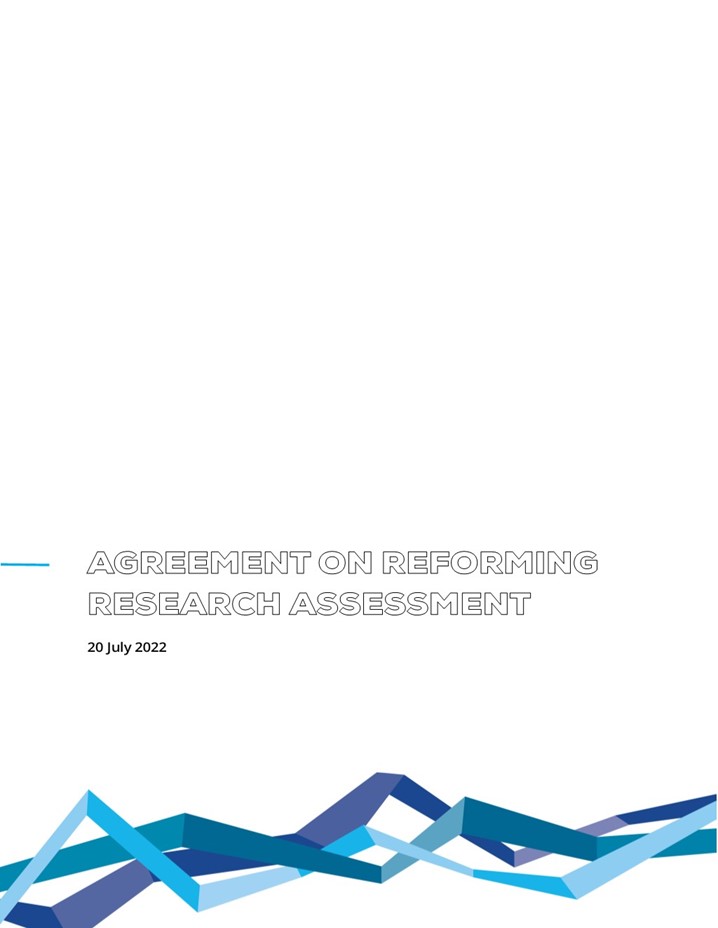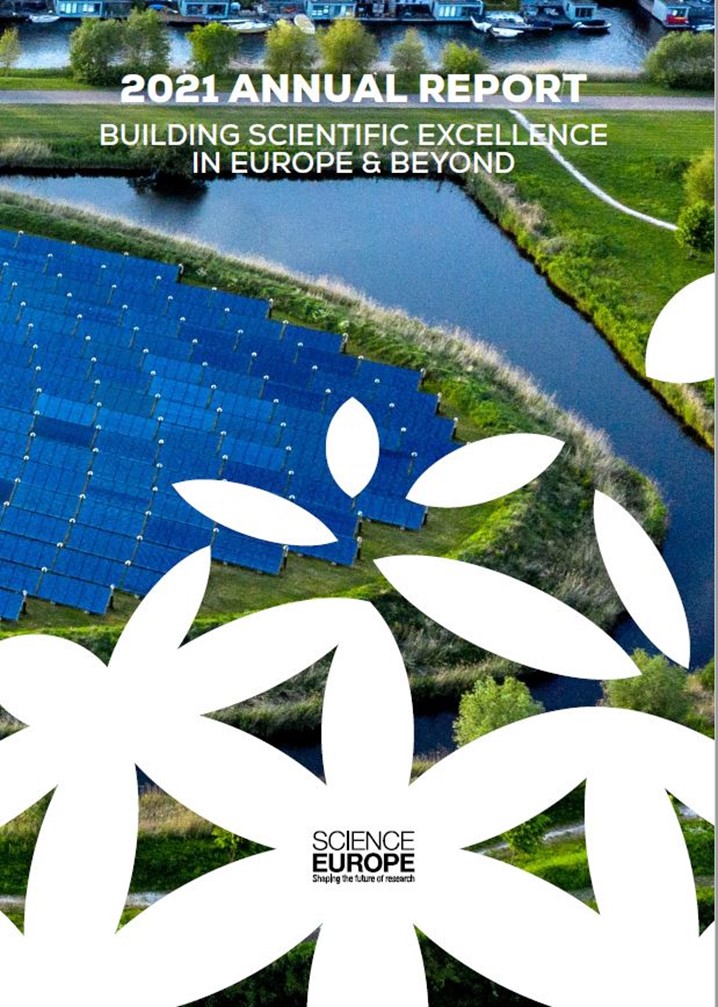Member-only content is available on this page. Please log in to view this content.

Our resources
Discover Science Europe’s comprehensive library of resources, including the most recent publications, briefings, and position statements.
44 resource(s) found
A Vision & Framework for Research Cultures
Science Europe presents ‘A Vision and Framework for Research Cultures’. It synthesises our recent work across numerous policy topics focussing them on the shared objective of R&I systems to advance knowledge and enable the quality and impact of research.
Science Europe's Response to the European Commission’s Evaluation on Public Procurement Directives
Science Europe has responded to the European Commission’s call for evidence issued to evaluate public procurement directives, emphasising the opportunity to align them with the EU’s green and innovative economy goals. By incorporating environmental criteria, such as energy savings and circular economy principles, public procurement can become a driver of sustainable practices within research organisations. Our recommendations highlight tangible benefits and call for measures to ensure procurement processes contribute to environmental sustainability, advancing the aims of the European Green Deal.
Report of the 2024 High Level Workshop on the ERA
This report presents a summary of the dialogue sessions and main conclusions of the 2024 High Level Workshop that took place in Budapest on 19 and 20 November. The event was organised by Science Europe in partnership with the Hungarian Research Network (HUN-REN) and the Hungarian Academy of Sciences (MTA), under the auspices of the Hungarian Presidency of the Council of the European Union.
Survey Report: Appraising Greenhouse Gas Emissions of Research Organisations
This report provides the responses from a survey among Science Europe Member Organisations on their engagement with and initiatives to reduce their greenhouse gas emissions.
Concluding Statement on Commitment to Strengthening European R&I
This statement presents the key conclusions from the 2024 High Level Workshop on 'Strengthening European Cohesion and Competitiveness through Research and Innovation' and a set of priorities for achieving this.
Framework for the Environmental Sustainability of Research Organisations
The present Framework introduces strategic directions for Science Europe Member Organisations to share practices and coordinate efforts. In addition to leading by example, the objective is to achieve systemic change – pursuing environmental sustainability of research organisations’ activities – including mitigating climate impacts. Other important questions, such as funding for research on sustainability, as well as the economic and social dimensions of sustainability, fall outside of the scope of this Framework and may be the subject of future actions.
Survey Report Strategic Approaches to, and Research Assessment of, Open Science
This report analyses the role of public research funding and performing organisations in Europe in the shifting landscape of open science and research assessment reform. The findings demonstrate how Science Europe's Member Organisations actively shape and contribute to these developments.
Conclusions of Reciprocity in Multilateral Research Collaboration event
Science Europe and RCN organised an event on reciprocity in international research collaboration to explore the critical importance of academic freedom, equitable access to scientific information and infrastructures. The conclusions highlight the need for a human-centered approach and the value of diverse knowledge systems.
Greening Research Webinars Series: Final Report
This report summarises the main lessons learned from three webinars on greening research and proposes key messages for the next steps. A summary of each webinar's contents is presented; common lessons and key messages from the whole series are jointly discussed in the final section.
From Ambition To Action: Fostering Research Excellence In Europe - 2023 Annual Report
2023 proved to be another landmark year for Science Europe: building on the achievements of the previous year and setting the direction for new approaches in vital areas of research policy.
Multi-annual Action Plan 2021-2026
This Multi-annual Action Plan proposes a series of framework actions to guide the implementation of the Science Europe Strategy Plan 2021–2026 in line with the association's updated vision, mission, values, and strategic priorities. The Action Plan was updated in June 2024.
Vote for Science: 5 Pledges for Candidates of the European Parliament Elections 2024
In the run up to the European Parliament Elections on 6-9 June 2024, Science Europe has launched our 'Vote for Science' Campaign advocating for political support for science research in the EU legislative agenda of the next 5 years. In the interests of securing this support, Science Europe encourages candidates for the European Parliament to consider and commit to 5 pledges to safeguard the future of European research and innovation.
Vote for Science: Factsheet on Science Research in Europe
In the run up to the European Parliament Elections on 6-9 June 2024, Science Europe has launched our 'Vote for Science' Campaign advocating for political support for science research in the EU legislative agenda of the next 5 years. As part of our campaign, we've created a factsheet offering a look at the state of science research in Europe, to help voters in understanding how we are doing in supporting science across the areas of our 5 Pledges for Candidates.
Briefing on the ERA Policy Agenda
This briefing on the ERA Policy Agenda presents actions and advocacy points from Science Europe on the ERA Actions that it contributes to.
Guidance on Science for Policy Activities
Science can and should support policy- and decision makers by providing rigorous evidence to increase understanding of problems and assess available options. This guidance aims to support the development of 'Science for Policy' activities in research organisations.
Report of the 2023 High Level Workshop on the ERA
This report presents the discussions and outcomes of the main and satellite events held as part of the 2023 High Level Workshop on the ERA. This edition of the event dealt with international scientific collaboration between Europe, Africa, Latin America, and the Caribbean, based on principles of reciprocity and equity.
Statement on International Research Collaboration
This statement presents some of the high-level outcomes from the 2023 High Level Workshop on 'Challenges to Reciprocity and Equitable Collaboration between Europe, Africa, Latin America, and the Caribbean'.
Research at the Heart of Europe’s Ambition – 2022 Annual Report
In 2022, Science Europe made significant contributions in various areas, including research culture, research assessment, open science, EU framework programmes, the green and digital transition, and science communication.
Interdisciplinarity for the Net-Zero Transition: the Perspectives of Universities and Research Organisations
This report presents the actions that universities and research organisations are taking to address the climate crisis and the challenges they face. These were presented at the symposium 'Interdisciplinarity for the Net-Zero Transition' of 3 November 2022, in the lead-up to COP27.
Science–Policy in Action: Insights for the Green and Digital Transition
This report aims to identify activities for science-informed policy making, to map those funded and performed by Science Europe Member Organisations, and suggests some recommendations. It is based on a survey held among Science Europe Member Organisations and a subsequent focus group.
How to Become an Effective Science-Policy Advisor? 16 Lessons Learned
How to become an effective science-policy advisor? The science-policy interactions have a longstanding relationship with complex dynamics. The COVID pandemic was only one of the ‘wicked problem’, where decision-makers called for science-informed advice. This report showcases 16 lessons learnt from the event Good Advice for (Young) Science-Policy Advisors, organised by Science Europe, FORMAS and Marie Curie Alumni Association on 29 April 2022.
Interdisciplinary Research for the Green and Digital Transition
Science Europe surveyed its Member Organisations on existing practices and policies for interdisciplinary research for the Green & Digital Transition. This report presents the results and some recommendations to reinforce, develop, and improve them.
Agreement on Reforming Research Assessment
This Agreement sets a shared direction for changes in assessment practices for research, researchers, and research performing organisations, with the goal to maximise the quality and impact of research. It includes principles, commitments, and timeframes for reforms and lays out principles for a Coalition of organisations willing to work together in implementing the changes.
Science Europe 2021 Annual Report
For Science Europe, 2021 was a very important year: the association celebrated its 10th year of existence. Founded in 2011, it has grown into a respected and influential voice in the European research policy debate. Moreover, we published a new Strategy Plan for 2021–2026, which maps our collective objectives and sets a specific yet flexible action framework over the next five years.

